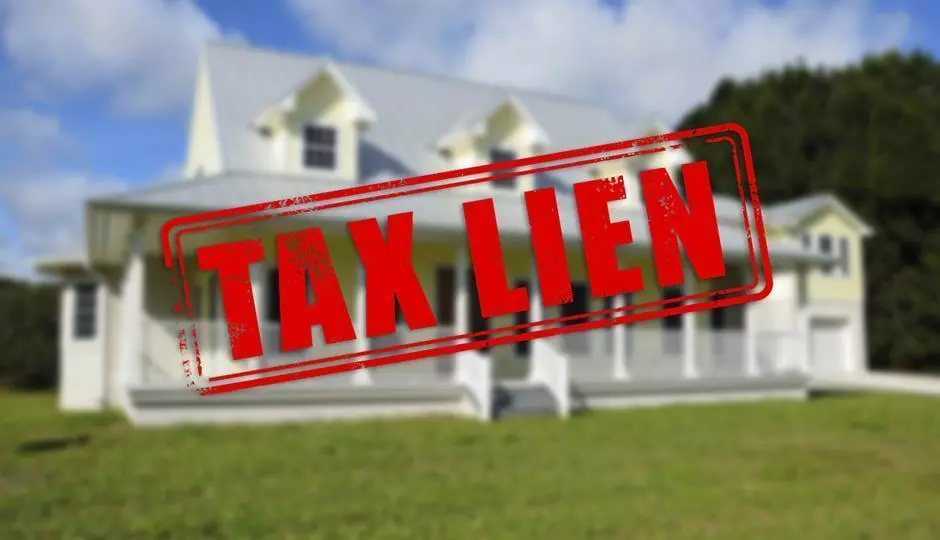Written By: Jessica Thibodeaux
Did you know that when you have an unpaid IRS tax bill, the IRS has the right to file a tax lien against you and your property?
The first big question we get when someone learns of the IRS’ right to file a lien is “what IS a tax lien?” An IRS tax lien is a legal claim to your property, including property you acquire after the lien is filed.
The second question is “when will I have a tax lien?” Internal Revenue Code 1632 gives the IRS a lien automatically over all of your property and rights to property when you do not pay your tax obligations “on demand”. After you get the first IRS notice regarding an amount due and do not pay the amount within 10 days, the IRS has a lien. However, to make this tax lien effective against 3rd parties, the IRS will also file a public document with the local recording office. This alerts your creditors and other 3rd parties that the government has a legal right to your property.
Next question: “what does a tax lien mean to me?” When the IRS files a tax lien in the public records, the lien will appear on your credit report and typically affects your credit rating. Additionally, you will not be able to sell property without first dealing with the tax lien. If you have a tax lien and want to sell your home, refinance your home, etc., options such as a Lien Release, Lien Discharge, Lien Subordination, or Lien Withdrawal may be available to you depending on your needs.
The biggest question asked of us is “when will the lien go away?” Typically, once a tax lien is filed by the IRS, it generally will not be released until the tax, penalties, and interest owed are paid in full. However, through various resolution options such as Offers in Compromise, Streamlined Installment Agreements, and Collection Statute Expiration Date Expirations, the lien may be released without the full balance being paid.
If you are worried about the possibility of the IRS filing a Tax Lien or want to explore your options once a Tax Lien is filed- please contact Bryson Law Firm, LLC!























